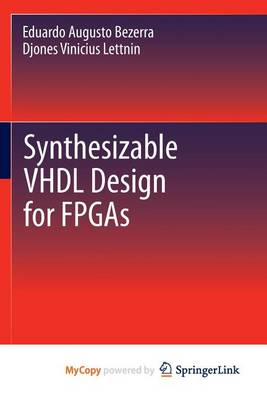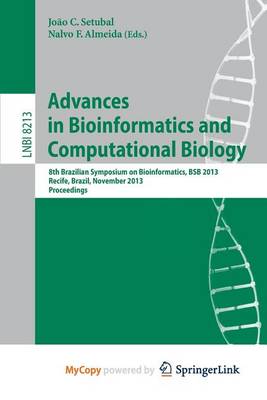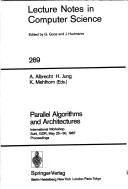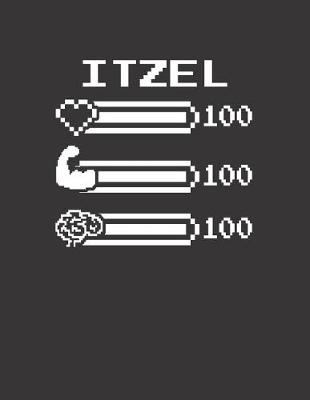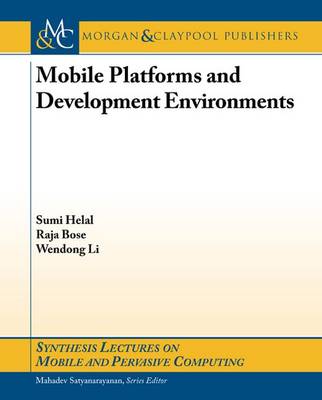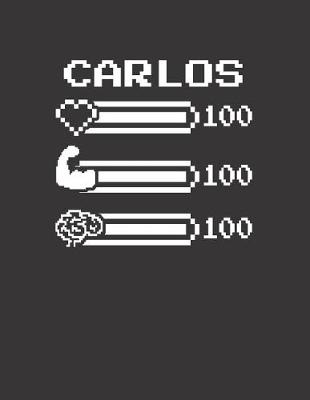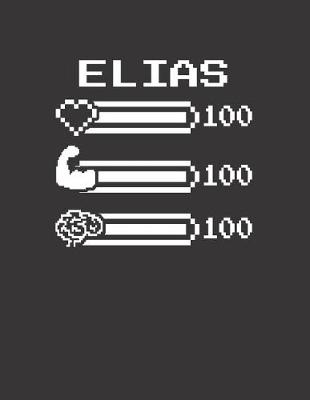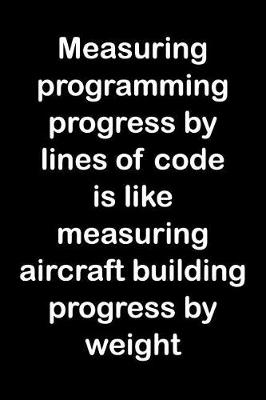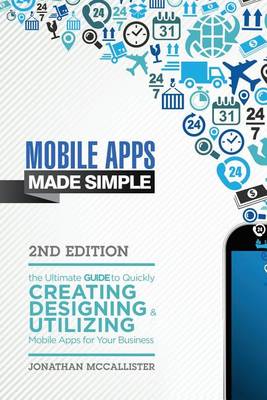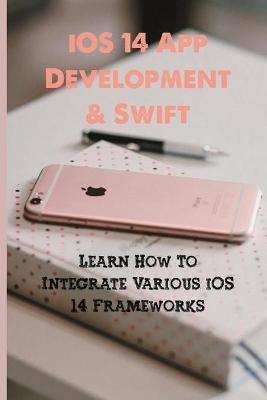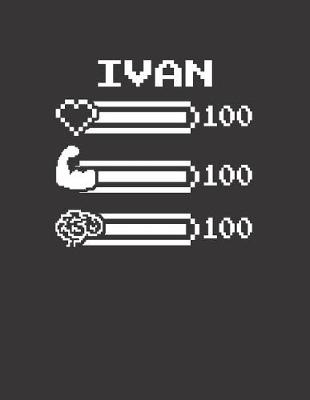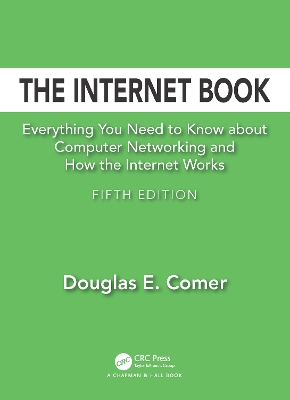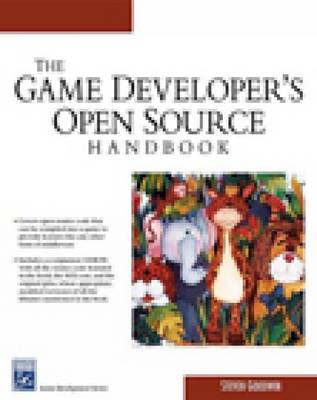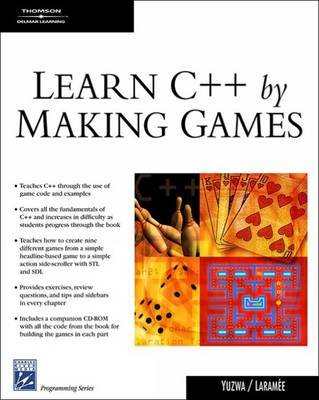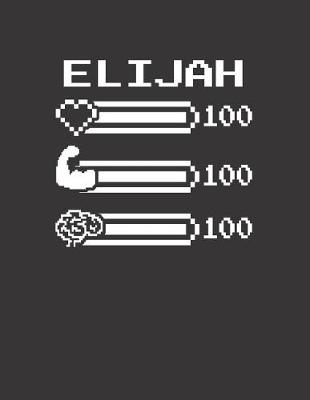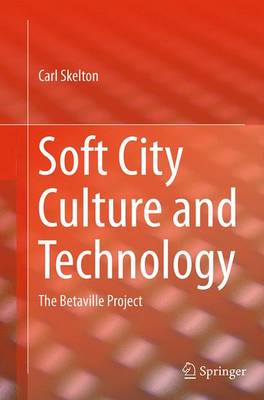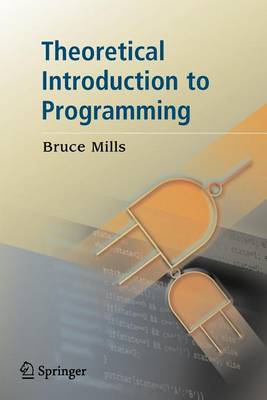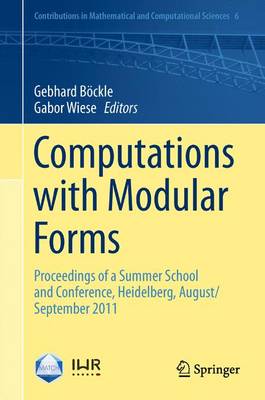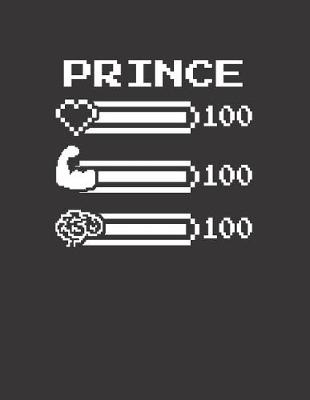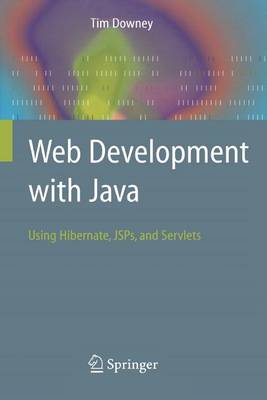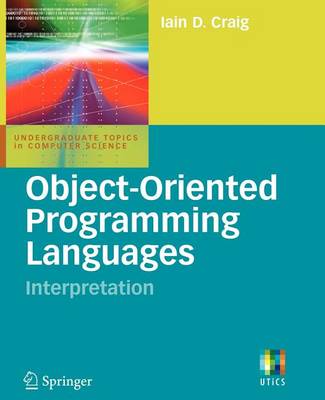Synthesizable VHDL Design for FPGAs
by Eduardo Bezerra and Djones Vinicius Lettnin
The methodology described in this book is the result of many years of research experience in the field of synthesizable VHDL design targeting FPGA based platforms. VHDL was first conceived as a documentation language for ASIC designs. Afterwards, the language was used for the behavioral simulation of ASICs, and also as a design input for synthesis tools. VHDL is a rich language, but just a small subset of it can be used to write synthesizable code, from which a physical circuit can be obtained....
This book constitutes the refereed proceedings of the 8th Brazilian Symposium on Bioinformatics, BSB 2013, held in Recife, Brazil, in November 2013. The 18 regular papers presented were carefully reviewed and selected for inclusion in this book. The papers cover all aspects of bioinformatics and computational biology.
Parallel Algorithms & Architectures (Lecture Notes in Computer Science, #269)
by Kurt Mehlhorn
Mobile Platforms and Development Environments (Synthesis Lectures on Mobile & Pervasive Computing)
by Sumi Helal, Raja Bose, and Wendong Li
Mobile platform development has lately become a technological war zone with extremely dynamic and fluid movement, especially in the smart phone and tablet market space. This Synthesis lecture is a guide to the latest developments of the key mobile platforms that are shaping the mobile platform industry. The book covers the three currently dominant native platforms -- iOS, Android and Windows Phone -- along with the device-agnostic HTML5 mobile web platform. The lecture also covers location-based...
Optimization Theory (Applied Optimization, #59)
This volume contains refereed papers based on the lectures presented at the XIV International Conference on Mathematical Programming held at Matrahaza, Hungary, between 27-31 March 1999. This conference was organized by the Laboratory of Operations Research and Deci sion Systems at the Computer and Automation Institute, Hungarian Academy of Sciences. The editors hope this volume will contribute to the theory and applications of mathematical programming. As a tradition of these events, the main...
Measuring Programming Progress by Lines of Code Is Like Measuring Aircraft Building Progress by Weight
by Will J Doors
Mobile Apps Made Simple (Mobile Application, IOS Programming, Android Programming, Android Apps, IOS Apps)
by Jonathan McCallister
The Internet Book, Fifth Edition explains how computers communicate, what the Internet is, how the Internet works, and what services the Internet offers. It is designed for readers who do not have a strong technical background — early chapters clearly explain the terminology and concepts needed to understand all the services. It helps the reader to understand the technology behind the Internet, appreciate how the Internet can be used, and discover why people find it so exciting. In addition, it...
Game Developer's Open Source Handbook
With the cost of game development increasing regularly, studios are looking for innovative ways to reduce their budgets without compromising quality. At the same time, developers are looking toward more complex and customizable software, tools, and libraries to build truly next-generation games. These goals have traditionally been mutually exclusive, but open source software can solve both problems by providing game developers with free, high-quality tools and libraries for every aspect of the d...
Learn C++ by Making Games teaches the fundamentals of C++ from a unique and fun perspective. Using game specific code and examples, the book helps anyone wanting to learn C++ progress from the basics to more advanced topics. As you learn C++, you'll be putting the code and techniques into practice by programming a game project in each part of the book. The book begins with an introduction to the fundamentals of the C++ language, including the basic data types of the language. It then progresses...
Soft City Culture and Technology: The Betaville Project discusses the complete cycle of conception, development, and deployment of the Betaville platform. Betaville is a massively participatory online environment for distributed 3D design and development of proposals for changes to the built environment- an experimental integration of art, design, and software development for the public realm. Through a detailed account of Betaville from a Big Crazy Idea to a working "deep social medium", the a...
Including easily digested information about fundamental techniques and concepts in software construction, this book is distinct in unifying pure theory with pragmatic details. Driven by generic problems and concepts, with brief and complete illustrations from languages including C, Prolog, Java, Scheme, Haskell and HTML. This book is intended to be both a how-to handbook and easy reference guide. Discussions of principle, worked examples and exercises are presented. All concepts outside introdu...
Computations with Modular Forms (Contributions in Mathematical and Computational Sciences, #6)
This volume contains original research articles, survey articles and lecture notes related to the Computations with Modular Forms 2011 Summer School and Conference, held at the University of Heidelberg. A key theme of the Conference and Summer School was the interplay between theory, algorithms and experiment. The 14 papers offer readers both, instructional courses on the latest algorithms for computing modular and automorphic forms, as well as original research articles reporting on the latest...
FoLLI-LNCS is the publication platform for the Association of Logic, Language and Information (FoLLI, www.folli.org). The Association was founded in 1991 to advance research and education on the interface between logic, linguistics, computer science, and cognitive science. The FoLLI Publications on Logic, Language and Information aim to disseminate results of cutting-edge research and tutorial materials in these interdisciplinary areas. This LNCS volume is part of FoLLi book serie and conta...
This book jumps to the "good stuff" from the outset, allowing students to quickly start writing real applications. It introduces readers to a 3-tiered, Model-View-Controller architecture by using Hibernate, JSPs, and Java Servlets. This book uses existing powerful technologies such as JSP, JavaBeans, Annotations, JSTL, Java 1.5, Hibernate, Apache Velocity and Tomcat. It also presents Model 1 architectures using Servlets and JSP as alternatives to Perl and PHP. Written for novice developers, this...
